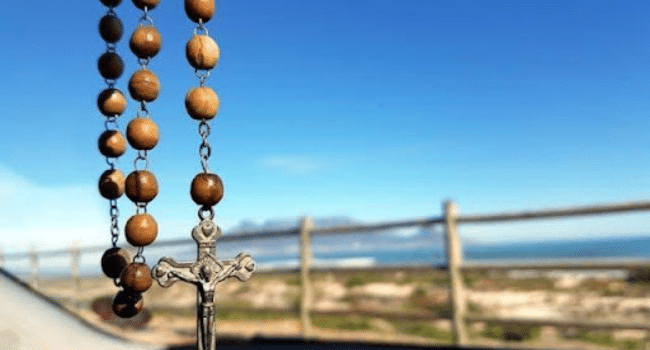Table of Contents
Christian persecution is still a worldwide problem hardly seen outside of sporadic news. Believers daily struggle in areas where religious freedom is severely limited, sometimes involving not only systematic violence but also great psychological and emotional tolls. The hardships experienced by persecuted Christians are not limited to events or isolated nations; rather, they are part of a larger, subtle trend affecting millions of people worldwide. News stories may highlight dramatic events—such as bombings, imprisonment, or mass executions—but the reality of Christian persecution unfolds on a far more personal and ongoing level. For these Christians, following their faith is an ongoing, ubiquitous expense that goes much beyond crisis times.
North Korean Silent Suffering
One of the most repressive governments on the planet, North Korea, causes Christians to live in constant fear where religion is not only discouraged but criminalized. Viewing Christianity as a challenge to the authority of the government, its attitude toward the faith is based on a need to keep total control over its people. Often hiding any kind of Christian activity in the darkest recesses of their life, believers in North Korea must practice their faith in total anonymity. Even possessing a Bible is illegal, and those caught with religious materials risk severe punishment—including execution or imprisonment in cruel labor camps. Christians suffer widespread monitoring under this totalitarian government. It is almost impossible to fully trust anyone since the state uses a system of informants to monitor the actions of people. In such a setting, even a silent prayer or an unguarded gesture might set off extreme events of North Korea Christian persecution.
The Devastation of Churches
In nations where Christianity is under attack, churches are sometimes more than just venues of prayer. They are markers of community, cultural identification, and resistance. Often, in order to cut off Christians’ ties to their faith and one another, persecution of Christians entails the destruction of these hallowed sites. Often, in the name of political or social control, churches are raided, trashed, or forcibly closed by officials in countries including China, Nigeria, and Iran. The government wants to destroy the social cohesiveness that these places of worship reflect in addition to demolishing physical buildings. In areas where religious communities have been established over millennia, the destruction of churches is especially catastrophic.
Forced Conversions and the Extinction of Christian Communities
Some areas of the globe see Christian persecution manifest as forced conversions. Entire communities are under pressure to renounce their faith or face terrible reprisal. Christians in nations including Afghanistan, Pakistan, and Somalia are left with a terrible decision: either convert to Islam or suffer physical injury, displacement, or even death. Often aiming at vulnerable groups like women and children, who are especially prone to coercion, these forced conversions In these settings, the family becomes the center of both vulnerability and resistance since whole homes are under pressure to reject their values. Apart from depriving people of their religious freedom, forced conversions cause the devastation of whole Christian communities.
The Psychological Cost of Faith under Siege
Apart from the physical violence and social rejection, Christian persecution severely psychologically damages people. Living under continual risk of death, violence, or incarceration causes a great deal of anxiety and fear that penetrates all aspects of life. The isolation persecuted Christians go through often aggravates their psychological load. Many times, Christians are compelled to hide their faith from neighbors, relatives, and even close friends. Deep depression, hopelessness, and—for some—a loss of faith can all result from this emotional and psychological weight.
Global Solidarity and Advocacy for Religious Freedom
Although Christians are still persecuted all around, initiatives to solve the problem have also gathered steam. Working nonstop to raise awareness of the suffering of persecuted believers, advocacy groups and international organizations try to influence governments to uphold religious liberties and offer sanctuary to people in danger. Rallying around these initiatives, the worldwide Christian community has provided moral solidarity and financial support to people under repressive governments. Emphasizing the fundamental human right of religious freedom, this growing movement demands more forceful worldwide actions to stop religious persecution.
Conclusion
The daily reality of Christian persecution stands in sharp contrast to the liberties enjoyed by many people around. For millions of Christians, faith is quite costly. Notwithstanding the difficulties, these people remain strong since they are deeply committed to their values and trust in something better than themselves. The world has to keep acknowledging and tackling these injustices so that the voices of Christians under persecution may be heard and their sufferings not forgotten.
Image Source – Pexels
